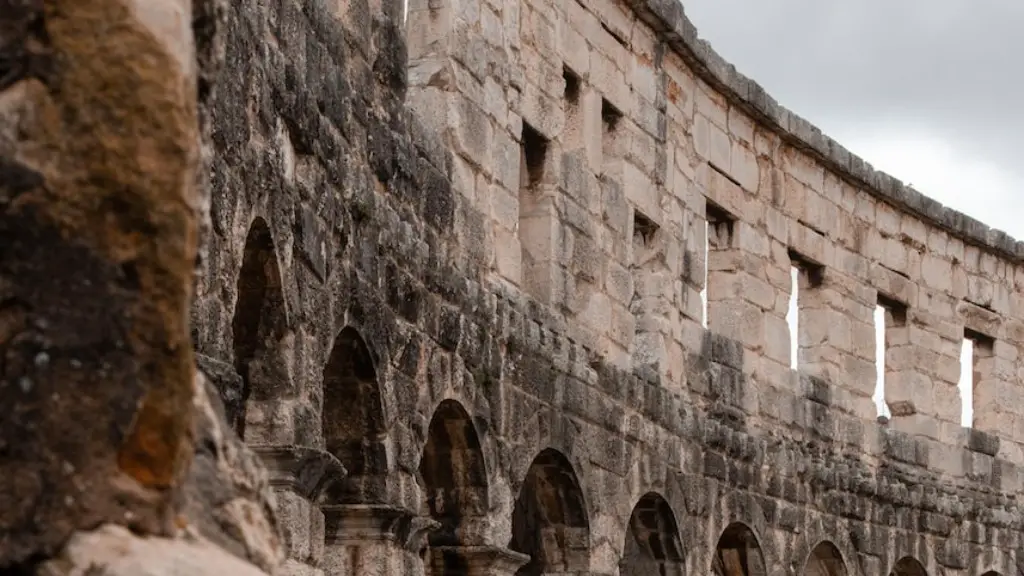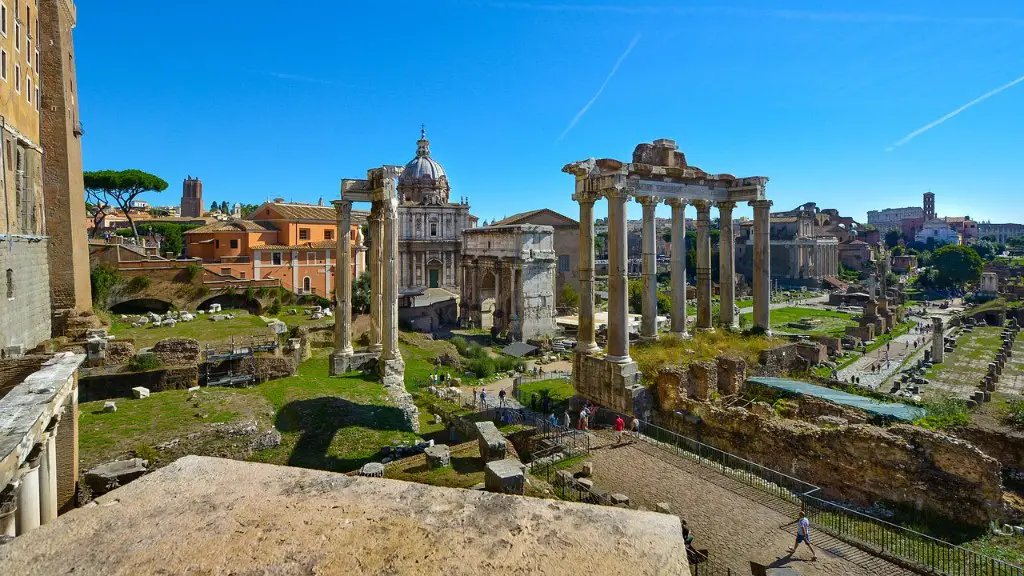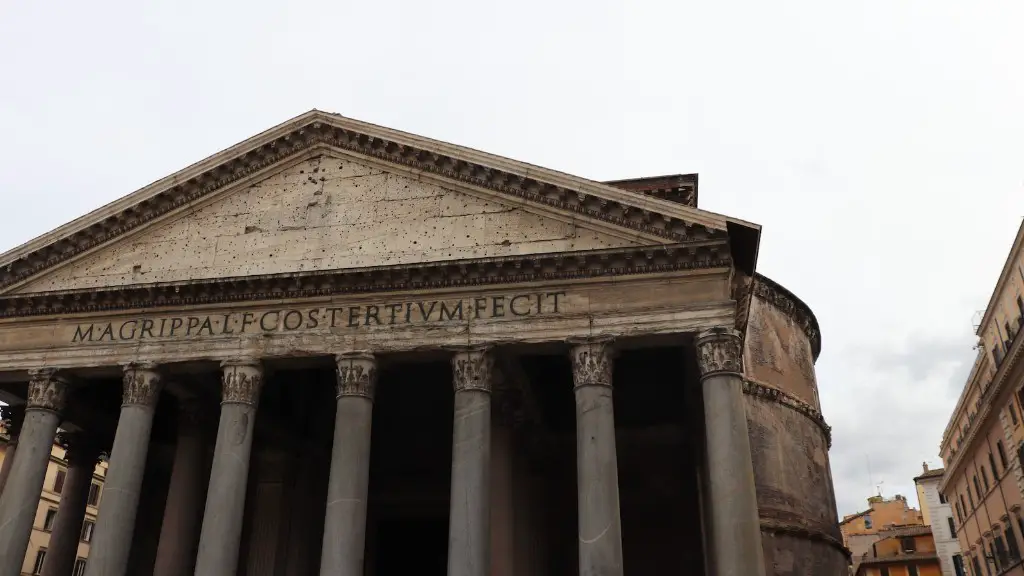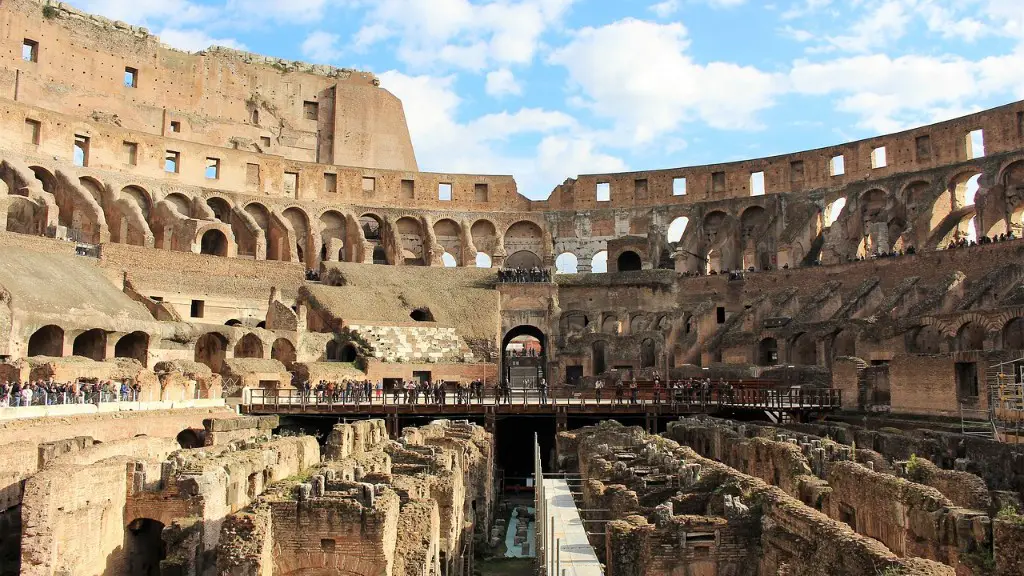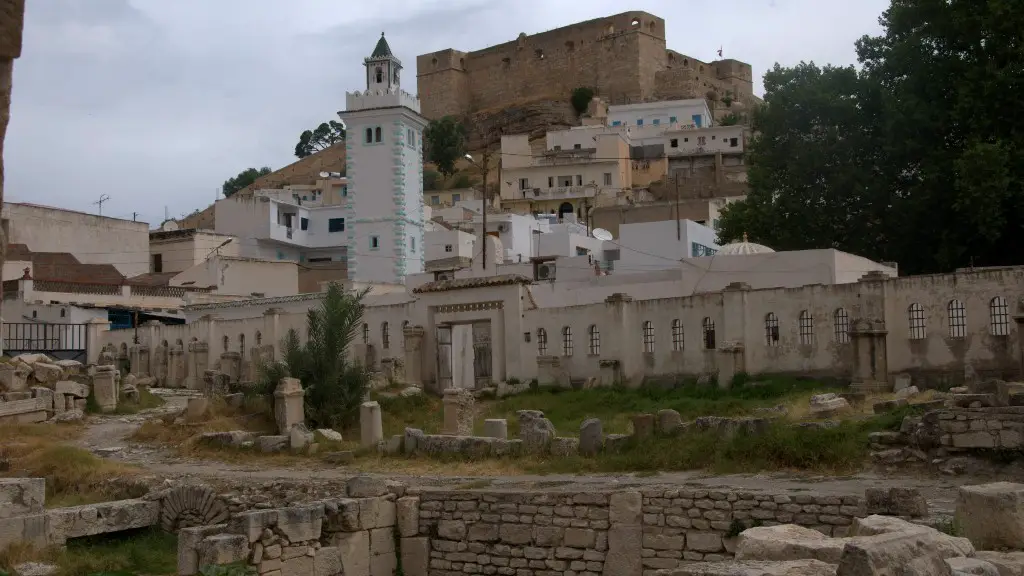The formation of the Roman Republic in 509 BC saw the rise of a new administrative structure and system of governance that would ultimately shape much of Europe and the wider world in the centuries to come. This is oftentimes referred to as Ancient Rome, and while the system of governance known to the civilization was not a true democracy, it is important to underscore the fact that it was significantly more democratic than other ancient civilizations, making substantial strides in the development of a popularly elected and representative government.
The Roman Republic employed a complex set of laws known as the Twelve Tables that forced the government to adhere to a certain set of rules and regulations, as well as opening up political clout to commoners, not just those from aristocratic families. While the Roman Empire would go on to greatly reduce the freedoms provided by the Roman Republic, it was the latter which saw people from all walks of life having the chance to contest for public office and having a say in the law making and enactment process. This was certainly not a perfect democracy, as power was not always equally distributed among the people, but instead was heavily reliant on one’s economic background.
Ancient Rome put forth an interesting system of elections allowing citizens to vote by pushing a ballot into closed boxes. Roman citizens ranging from the aristocracy to the plebeians could put their names in the box and those who got the most votes would be elected. However, the votes on who became the key political leaders were heavily determined by the wealthy. This clearly displays that there was a degree of economic inequality in political control and only those with wealthier backgrounds had a greater chance of getting elected into a higher political position. This illustrates that even though Ancient Rome was quite democratic for its time, it was still not a completely fair representation of the population.
In addition to the above, Ancient Rome had many legal stipulations that limited how much power the senate could actually possess. This meant that although people of all backgrounds were able to attend and vote in elections, ultimate power rested with the political elite. This was because the senators had to be chosen by a leader known as an ‘executive’ and had to come from the same old families who were from necessarily the wealthy elite. This caused a substantial degree of inequality in Ancient Rome, and the real power remained with a select group of people.
Overall, it can then be said that Ancient Rome was not a true democracy in that it had many elements which limited the power of the people in representing themselves, and led to a situation of economic inequality at the core of its system of governance. While Ancient Rome was far more advanced in its system of government that most ancient civilizations, it had evident flaws that kept it from being a proper democracy.
Significant Contributions to Democracy
It is, however, important to note that Ancient Rome did make some significant contributions to the ongoing development of democracy, many of which are still tangible today. For example, Ancient Rome was responsible for the development of the jury system, a system by which members of a society would judge the guilt or innocence of suspected criminals. This system is still widely used today in many countries, and is a key element of ensuring everyone gets a fair trial.
In addition, Ancient Rome saw the development of a strong legislative system through which citizens could enact rules, laws, and regulations for their nation. This was a significantly more advanced system than that of its contemporaries and made an invaluable contribution to the development of democratic government.
Ancient Rome also developed the concept of ‘chirograph’, a document in which two people would agree to a contract or exchange of services or goods. This was the origin of the modern-day written agreement in law and business and made a valuable contribution to the development of democracy and equitable rule of law.
Finally, Ancient Rome was also responsible for the concept of delegated authority- in which the government delegates power to its citizens in an attempt to improve its laws and processes. This was a revolutionary idea for the time, and has had a lasting influence on democratic government, even to this day.
Impact on Contemporary Democracies
The foundation and development of Ancient Rome’s system of governance has had a lasting impact on contemporary democracies in a myriad of ways. For example, many of the laws, regulations, and processes developed by the Roman system of government are still in use today in countries such as the United States, the United Kingdom, and other advanced democracies.
In addition, the Roman system of government gave a strong foundation for strong rule of law, which is one of the key elements of any successful and just contemporary democracy. This lays out clear legal obligations for people and institutions in terms of their behavior and how they should treat each other, something that is essential in any successful democracy.
Furthermore, Ancient Rome’s development of delegated authority has also been essential in modern democracies, in that it allows citizens to have a greater say in how their government is run and how laws are enacted. This further enhances citizens’ rights and freedoms to ensure that a nation’s government is run in the most equitable and fair manner possible.
Finally, Ancient Rome’s development of an electoral system inspired by the Twelve Tables has been a key driving force in modern democratic elections, where citizens are able to have their say in governance through the power of their votes.
Summary of the impact of Ancient Rome on Democracy
It can be concluded that Ancient Rome’s system of governance had a profound and lasting impact on modern democracy. At the time of its inception, Ancient Rome was already more democratic than most other civilizations, and it made invaluable contributions to the development of a stronger, fairer system of governance through the development of jury systems, contractual agreements, and an electoral system.
In addition, Ancient Rome’s system of government has been essential in forming the basis for many of the laws and processes used in contemporary democracies. This lays out clear legal obligations for people, enhances citizens’ rights and freedoms, and provides a foundation for equitable elections in which citizens can have their say in how their nation is governed.
Ultimately, Ancient Rome’s system of government was far from perfect, as it did have its fault in terms of economic inequality and giving ultimate power to a privileged elite. However, its contribution to the development of modern democracy is both extraordinarily valuable and lasting and is highly respected by many to this day.
Pros and Cons of Ancient Rome’s Democracy
The Roman Republic provided a great starting point for developing the principles of democracy, but was far from perfect in achieving its full potential. On one hand, Ancient Rome was significantly more progressive than many of its peers in terms of providing political participation and representation to its citizens. In addition, it saw the development of a number of impressive legal systems which is still employed in many advanced democracies today.
On the other hand, however, Ancient Rome was not perfect in providing a completely equitable system of governance, as it still gave power to a privileged elite over the vast majority of the population. This meant that only those from the wealthier backgrounds had the chance to gain power, which hindered the development of true democracy at the time, as the common person was not truly represented.
Conclusion
In conclusion, while Ancient Rome was not a perfect example of a democracy, it certainly played an essential role in the development of democracy around the world. Its development of legal systems, contractual agreements, and an electoral process laid out strong foundations which are still in use in many countries today. Despite its limitation in giving ultimate power to a privileged elite, Ancient Rome was still a significant improvement on its predecessors and laid out the path to a fairer system of governance.
